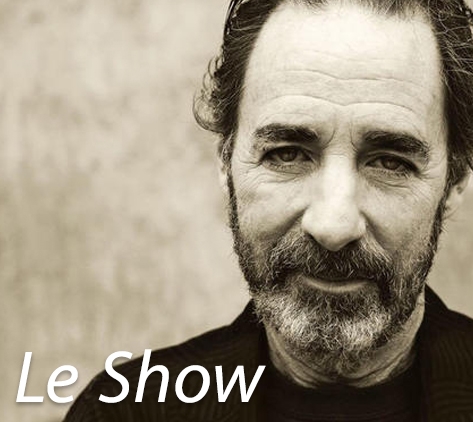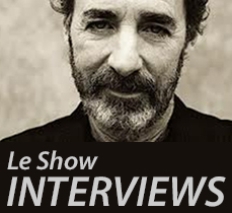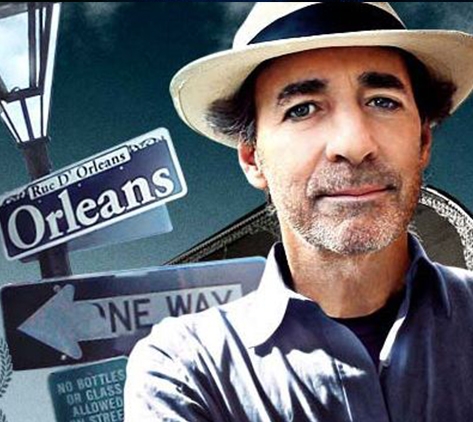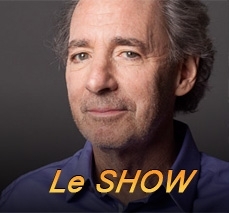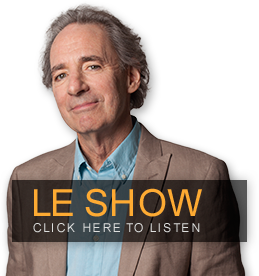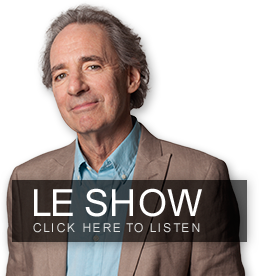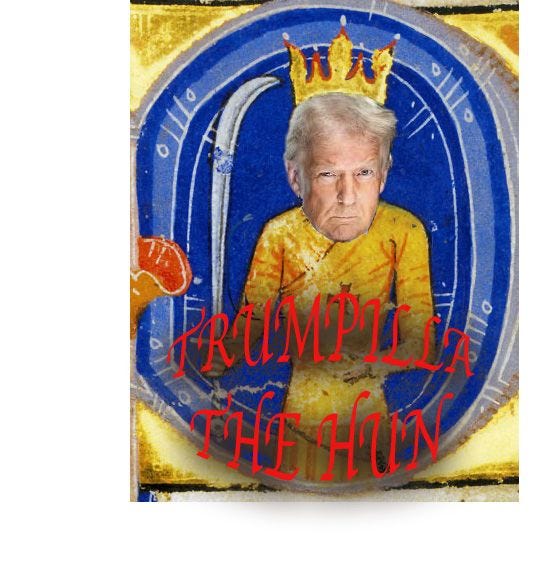03.01.26
March 01, 2026
This week on Le Show with Harry Shearer: Donald Trump's Truth Social Audio, News of AI, News of the Godly, Smart World, News of Musk Love, The Apologies of the Week, and more! Listen to the full Harry Shearer Le Show here.
Read full story
02.22.26
View more posts +
February 22, 2026
This week on Le Show, Harry Shearer sings "The Lolita Express." Plus, Donald Trump's Truth Social Audio, News of Epstein, News of AI, News of ICE, The Apologies of the Week, and more! Listen to the full Harry Shearer Le Show here.
Read full story